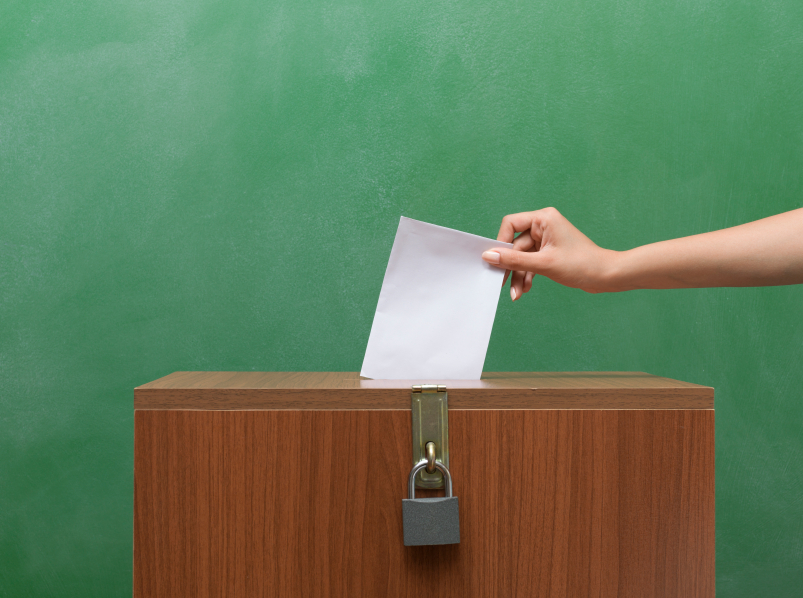AARP Eye Center
By Carla Penny
With recent congressional goings-on, we've all sat up and paid a little more attention. More folks have been talking about the role of government and the sort of country we want to be. Now that it's time to take to the polls, it's important to be prepared for Texas' new voter ID rules to have your vote counted.
What do you need to take to the voting booth? A current photo ID--or one that expired less than 60 days ago--from the federal government or the state Department of Public Safety. That could be a driver license, a personal ID card, a concealed carry license, a military ID, a passport, or a citizenship certificate. If you don't have any of these, you can get an election ID certificate from DPS; but they're not available from all DPS offices or every day of the week, so call ahead before you go apply for one.

If you already have the ID covered, there's more you should know. Even if you have a current, qualified ID, the name on it must be "substantially similar" to the name on the voter registrar's rolls. A seasoned Texas judge, who hadn't changed her name on her voter registration card or driver license in more than 20 years, ran into some trouble trying to early vote. One form of ID listed her middle name, and the second listed her maiden name in its place. It could happen to you too. It's worth taking out your voter registration card and your ID card to have a close look before you travel to the polls.
So what happens if your name doesn't quite match? What if you've gotten married or divorced or changed your name for another reason? Some officials have told the press that they're giving voters the benefit of the doubt. But the letter of the law says that if your name isn't "substantially similar," you can't cast a regular ballot. You can, however, cast a provisional ballot, and show an ID to the county registrar within six days.
Not having any of this? If you refuse to show an ID to vote, state officials say you'll be allowed to cast a provisional ballot, but that the ballot will likely be rejected by the review board as invalid. Exemptions are available for Texans who are disabled as certified by the VA or the Social Security Administration, and you can apply through your county registrar.
You don't need an ID when you're voting by mail, unless you're a first time voter who registered to vote by mail. Voters who are at least 65 years old, away from home, sick or disabled are eligible for absentee ballots, but the deadline to apply for them has passed.
So regardless of your political leanings, this Election Day, let's speak up for what we want our great country to be by voting. To make your vote count, I urge you to first take a moment to look in your wallet to be sure you're prepared with the proper ID to do so.
I'll see you at the polls.
Carla Penny is a member of AARP Texas' all-volunteer executive council and has been voting in Texas elections for more than 30 years.























































